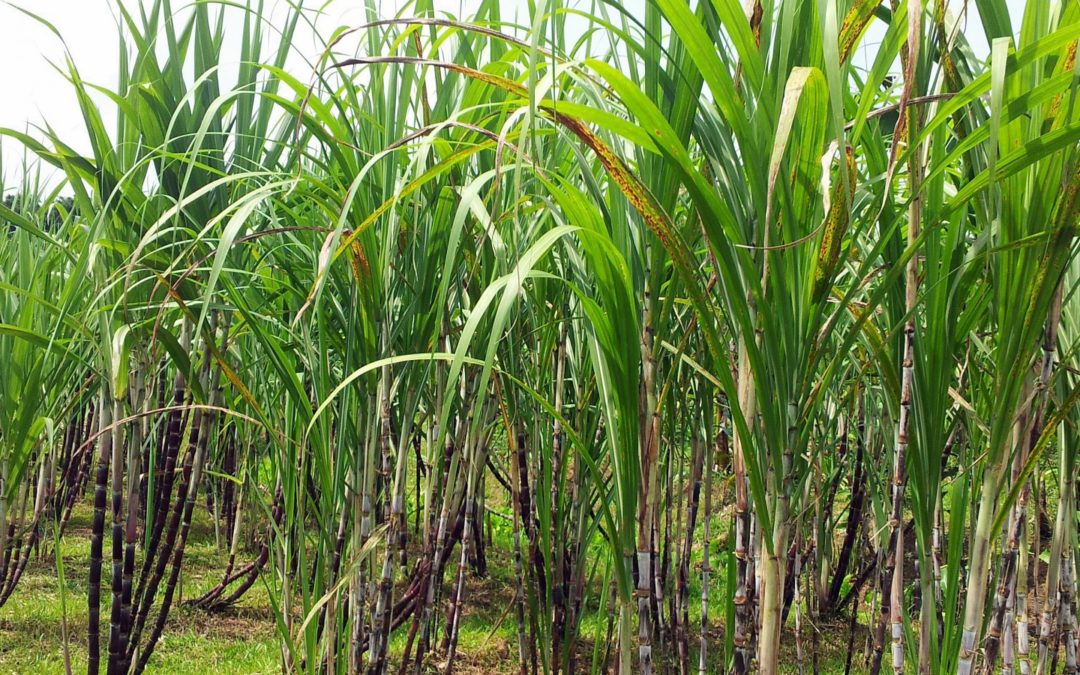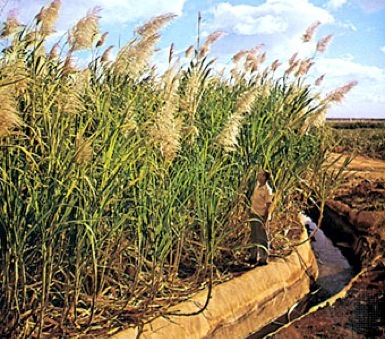Why Sugar and Cane Are Key Ingredients in Many Popular Beverages
Why Sugar and Cane Are Key Ingredients in Many Popular Beverages
Blog Article
Why Walking Stick Sugar Handling Chemicals Are Critical for Modern Sugar Refining
The duty of walking cane sugar handling chemicals in modern-day sugar refining can not be overemphasized, as they are essential to enhancing both the efficiency of extraction and the general top quality of the final item. Agents such as phosphoric acid and certain flocculants are employed to eliminate pollutants, resulting in sugar that not just satisfies customer expectations yet additionally sticks to market standards.
Role of Processing Chemicals
The effectiveness of walking stick sugar handling pivots considerably on the tactical application of processing chemicals. These chemicals play a pivotal role in boosting the performance and quality of sugar removal and refining. From the preliminary stages of juice extraction to the last purification steps, handling chemicals assist in numerous important operations.
In the removal phase, chemicals such as phosphoric acid and calcium hydroxide are used to optimize the explanation procedure, aiding to get rid of pollutants and put on hold solids from the cane juice. This not just enhances the return but likewise makes sure the clarity of the end product. Additionally, agents like flocculants help in the rapid settling of impurities, consequently enhancing the total process.
Triggered carbon and ion exchange materials serve to get rid of shade and smell, guaranteeing that the polished sugar fulfills customer quality standards. Hence, the thorough selection and application of these chemicals are crucial for accomplishing ideal end results in walking cane sugar processing.
Key Sorts Of Chemicals
Walking stick sugar processing depends on a selection of crucial chemicals that help with each phase of production. These chemicals play crucial functions in making clear, lightening, and detoxifying the sugar removed from walking cane.
One primary classification of chemicals includes flocculants, such as polyacrylamide, which help in the information procedure by promoting the gathering and settling of pollutants. In addition, calcium hydroxide is frequently utilized to reduce the effects of acidity and assist in the removal of non-sugar components.
Bleaching representatives, such as triggered carbon and sulfur dioxide, are made use of to decolorize the syrup, causing a more clear final item. These chemicals assist eliminate color compounds that may impact the sugar's appearance and bankability.
Additionally, phosphoric acid functions as a pH regulator during the processing phases, making certain optimal conditions for the enzymatic activities entailed in sugar removal and filtration.
Other important agents consist of edta (ethylenediaminetetraacetic acid), which chelates steel ions that might militarize undesirable reactions, and salt hydroxide, which helps in pH control throughout the refining process. Jointly, these chemicals improve efficiency and guarantee a high-grade cane sugar product.
Benefits for Sugar High Quality
Frequently forgotten, using details processing chemicals considerably boosts the overall high quality of cane sugar. These chemicals play a pivotal duty in refining procedures, making sure that the last product meets rigid industry requirements for purity and taste.

Furthermore, refining chemicals aid in achieving a consistent granulation and texture, which are vital for customer approval. By controlling the crystallization procedure, these chemicals guarantee that the sugar crystals create consistently, causing an extra attractive item that liquifies well in numerous applications.
In addition, making use of these chemicals can improve the life span of cane sugar by reducing wetness absorption and microbial growth. On the whole, the tactical application of handling chemicals is important for supplying premium walking cane sugar that meets consumer assumptions and sector needs.
Ecological Effect Considerations

Additionally, the energy-intensive nature of sugar refining, compounded by chemical use, commonly causes raised carbon exhausts. This adds to climate change and raises concerns relating to the sustainability of existing refining methods. In addition, the sourcing of these chemicals might entail methods that endanger biodiversity, such as monoculture farming, which reduces the resilience of agricultural ecological communities.

To alleviate these effects, sugar refiners see this page are significantly discovering lasting alternatives and taking on best techniques that minimize chemical use. Applying extensive ecological administration systems can help guarantee that the refining process lines up with environmental requirements and promotes biodiversity. Ultimately, a balanced approach that focuses on both sugar top quality and environmental stewardship is important for the long-term feasibility of the sugar market.
Future Fads in Refining
As the sugar market grapples with the ecological obstacles connected with traditional refining techniques, ingenious approaches are emerging to enhance both efficiency and sustainability. One significant trend is the adoption of environment-friendly chemistry concepts, which prioritize the use of non-toxic, eco-friendly processing chemicals. This shift not only decreases ecological effect however additionally addresses consumer demand for cleaner manufacturing approaches.
One more appealing development is the application of advanced filtration modern technologies, such as membrane layer separation and adsorption procedures. These techniques boost the clearness and top quality of the sugar while lowering the quantity of wastewater generated during refining. In addition, the integration of digital technologies, consisting of IoT and AI, is changing operational effectiveness by allowing real-time tracking and predictive maintenance, hence lessening resource waste.
In addition, the usage of byproducts from sugar refining, such as bagasse and molasses, is gaining traction. These materials can be exchanged biofuels or value-added products, contributing to a round economic situation within the industry. Collectively, these trends indicate a you can try here change in the direction of more lasting practices that not only improve functional performance however additionally align with international sustainability goals, ensuring the future feasibility of sugar refining.
Final Thought
Cane sugar handling chemicals are important in contemporary sugar refining, significantly enhancing the efficiency and quality of sugar removal. The tactical use these chemicals not just boosts the pureness and taste of the last item yet likewise guarantees regular crystallization and structure. As the market significantly focuses on sustainability, the fostering of environmentally-friendly processing representatives is most likely to form future fads in refining, ultimately bring about greater top quality items and prolonged service life for consumers.

Ultimately, a balanced technique that focuses on both sugar quality and environmental stewardship is necessary for the lasting practicality of the sugar industry.
Walking stick sugar handling chemicals are necessary in contemporary sugar refining, dramatically enhancing the efficiency and high quality of sugar extraction.
Report this page